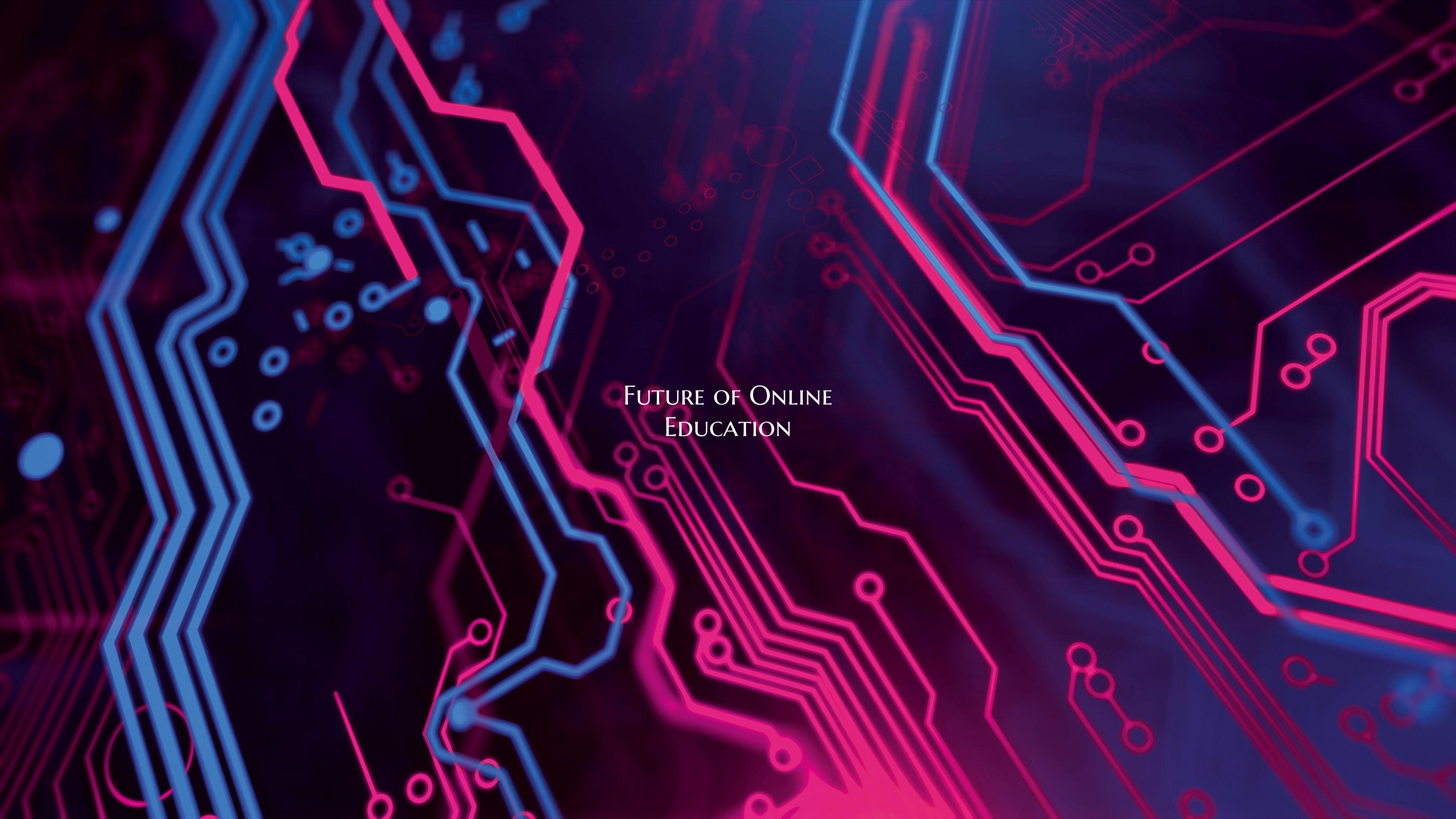Future of Online Education
In recent years, online education has experienced a rapid evolution, transforming the traditional educational landscape and offering innovative ways for individuals to learn and upskill. As we look forward, the future of online education promises even more exciting possibilities that have the potential to revolutionize the way knowledge is transmitted and acquired. Let's explore some key trends and developments that are shaping the future of online education.
1. Personalized Learning Experiences: One of the standout features of online education is its ability to provide personalized learning experiences. In the future, advancements in artificial intelligence and data analytics will enable online platforms to track individual progress, preferences, and learning styles to deliver tailored content and support. This personalized approach will help learners to maximize their potential and achieve their goals more efficiently.
2. Global Accessibility: Online education transcends geographical boundaries, offering learners around the world access to high-quality educational resources and opportunities. As technology continues to advance, barriers such as language differences and connectivity issues are being addressed, making online education more accessible to diverse populations. The future of online education will undoubtedly be characterized by increased global reach and inclusivity.
3. Interactive and Immersive Learning: With the rise of virtual and augmented reality technologies, online education is becoming more interactive and immersive. These technologies allow learners to engage with course material in a hands-on way, making learning more engaging and effective. In the future, we can expect to see online courses incorporating more interactive elements to enhance the learning experience and retention of knowledge.
4. Stackable Credentials and Micro-Credentials: The future of online education is likely to see a shift towards stackable credentials and micro-credentials, which offer learners the flexibility to build their own personalized learning pathways. Instead of completing a full degree or course, learners can earn smaller credentials that are focused on specific skills or competencies. This modular approach to learning allows individuals to acquire relevant knowledge and credentials incrementally, enhancing their employability and career prospects.
5. Lifelong Learning and Continuous Upskilling: In a rapidly evolving job market that values adaptability and continuous learning, online education will play a crucial role in supporting lifelong learning and upskilling. The future of online education will emphasize the importance of continuous professional development, providing individuals with opportunities to stay relevant in their careers and navigate transitions in the workforce.
As we embrace the evolution of online education, it is clear that the future holds immense potential for learners, educators, and organizations alike. By leveraging technological advancements, embracing personalized learning approaches, and promoting global accessibility, online education is poised to transform the way knowledge is accessed and shared. The future of online education is bright, and it promises a world of learning opportunities for those eager to explore and grow in the digital age.

